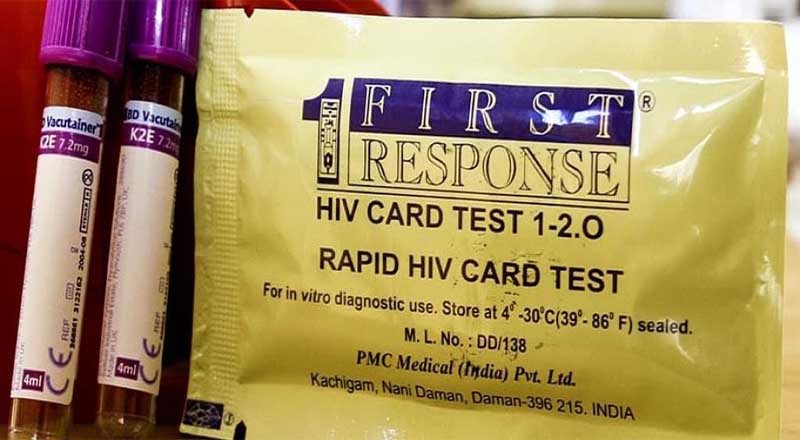The pressure on healthcare systems due to the novel coronavirus disease (COVID-19) pandemic may raise fatalities from other ailments, predicted the Imperial College, London.
Deaths over five years may increase up to 10 per cent related to human immunodeficiency viruses, 20 per cent to tuberculosis and 36 per cent to malaria.
The HIV patients would be affected as the Anti Retroviral Therapy (ART) services would be affected due to non-availability of drugs. The more severe the COVID-19 pandemic, the more difficult it would become to reach ART centres and the supply of drugs would also be constrained.
These patients even run the risk of being ‘virally unsuppressed’. ART drugs help in suppression of the virus in the patients. Discontinuing the drugs make them reach a stage known as ‘viral unsupression’. Even the supply of condoms might be reduced by 50 per cent. Worse, the projection is no new patients would enrol at ART centres.
Similarly, for TB patients, the biggest impact would be in timely diagnosis and treatment. The projections say the diagnosis rates could go down by 25-50 per cent, depending on the stage of transmission due to non-availability of Gene Xpert, a diagnostic tool.
Treatment initiation rates could drop by 50 per cent and treatment completion rates by 25 per cent due to erratic supply of drugs, as compared to pre-epidemic levels. For drug-resistant TB patients, the impact would be worse.
Patients suffering from malaria would be affected as the campaigns to distribute insecticide-impregnated nets may be halted. These campaigns have played a major role in the fight against malaria. Also the treatment of cases could be reduced by 25-50 per cent.
But the paper points to an important aspect. “Indeed, it is important to note that these projections are not forecasts and the impact indicated here may be avoided with strategic planning, redeployment of resources and ‘recovery’ campaigns.”
For HIV, this means ensuring persons on ART can continue to access medicine even in periods of highest health system demand. For TB this means providing routes for persons to continue to seek care and be diagnosed despite interventions that promote social distancing.
And for malaria, it means prioritising preventative measures and ensuring insecticide-impregnated nets and preventive treatments such as mass drug distribution.
“By overwhelming the health system, causing people to stay away from hospitals and clinics, or forcing public health interventions to be cancelled, the COVID-19 epidemic could also cause spikes in deaths from other diseases that had been coming under control,” said Timothy Hallett, one of the authors of the paper.
“In low- and middle-income countries with high burdens of HIV, TB and malaria, these disruptions could add significantly to the burden of COVID-19 itself and set back control efforts by years,” he added. : Downtoearth





